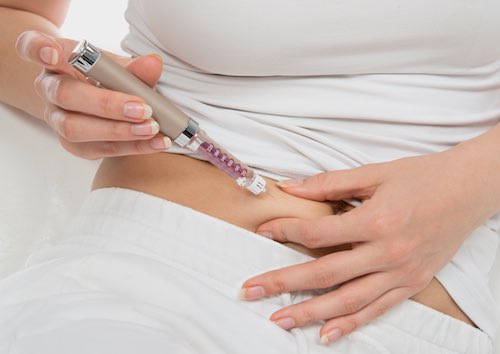When you eat protein and vegetables before eating food that’s high in carbohydrates, your blood glucose and insulin levels won’t spike as much after the meal as when you eat the carbs first. This is the main message of a new study previewed in June.
Alpana Shukla, MD, presented her findings in a poster, “Food Order Has a Significant Impact on Postprandial Glucose and Insulin Excursions,” at this year’s annual convention of the American Diabetes Association in New Orleans. This is the world’s largest scientific meeting focused on diabetes, and I represented HealthCentral.com.
The findings make an important point for those of us who have Type 2 diabetes. Until now, the conventional nutritional advice has been mostly negative — what not to eat, eat less, and so on. But it turns out the timing of what we eat matters too.

This new study is a small one, involving only seven people with Type 2 diabetes who are overweight or obese. Dr. Shukla and her seven Cornell associates measured the blood glucose levels of these participants every half hour for three hours after they ate the same amount of calories in protein, vegetables, and carbohydrates in a different order on separate days.
Continue Reading






